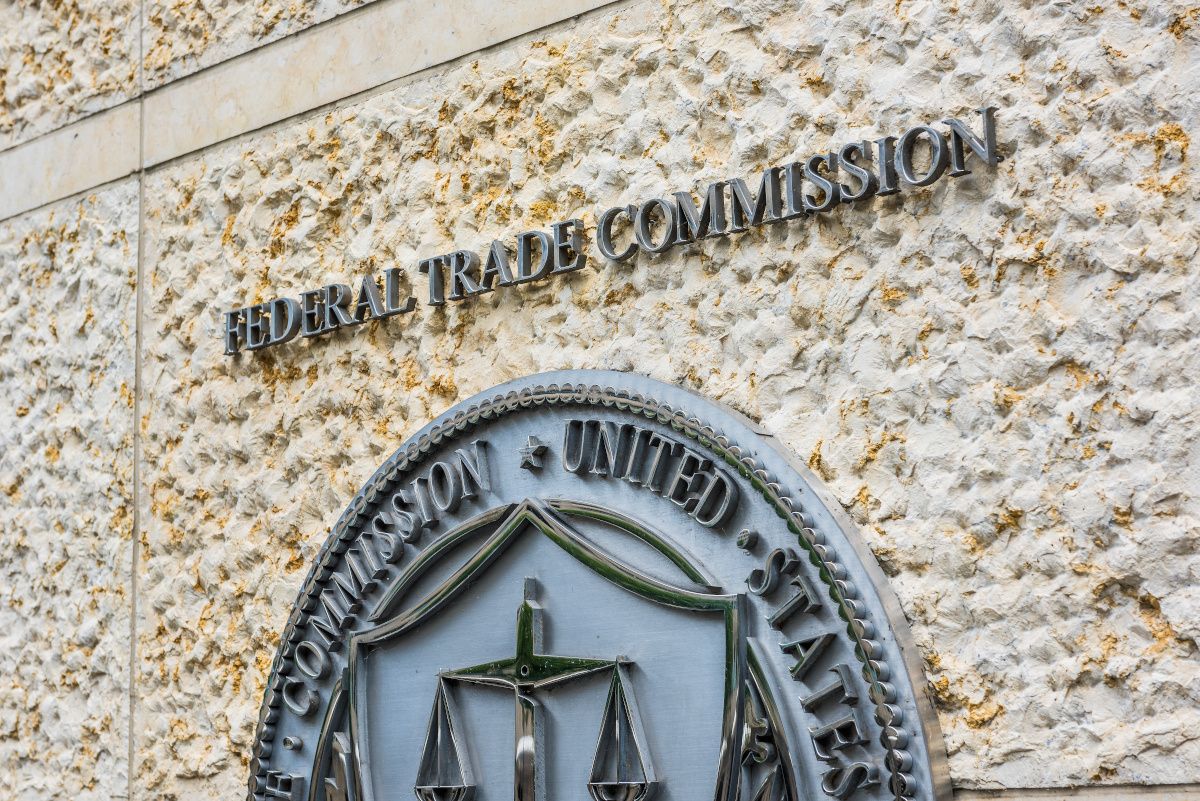FTC’s high bar for substantiation is inconsistent with existing regulation, say recent citizen petitions from industry
The Federal Trade Commission's recent "Notice of Penalty Offenses" sent to hundreds of companies, in combination with its Health Products Compliance Guidance, imposes an unfair standard for substantiation for dietary supplement and OTC product manufacturers. The citizen petitions ask for the withdrawal of the notices and clarification on FTC's guidance.
Photo © AdobeStock.com/Andriy Blokhin

Industry trade groups have submitted citizen petitions to the Federal Trade Commission (FTC) in response to the hundreds of “Notice of Penalty Offenses” issued to brands by the agency to address “Concerning Substantiation of Product Claims.” Sent out in April of 2023, the notices informed companies about the civil penalties that could result from making unsubstantiated claims on their products. Companies can face a civil penalty of $50,120 per violation. According to FTC, violations include: “failing to have adequate support for: objective product claims; claims relating to the health benefits or safety features of a product; or claims that a product is effective in the cure, mitigation, or treatment of any serious disease,” as well as, “misrepresenting the level or type of substantiation for a claim, and misrepresenting that a product claim has been scientifically or clinically proven.”
The notices directed recipients to FTC’s recently issued “Health Products Compliance Guidance,” which stakeholders argue sets a high standard of substantiation not required by law for dietary supplement manufacturers. The guidance states “As a general matter, substantiation of health-related benefits will need to be in the form of randomized, controlled human clinical testing [RCTs] to meet the competent and reliable scientific standard.”
FTC goes on to dismiss other forms of substantiation such as epidemiological or observational studies, which “can be valuable to show an association between a product or ingredient, but they don’t prove a causal link,” as well as animal studies, which “may provide useful supporting or background information, but, without confirmation by human RCTs, they aren’t sufficient to substantiate health-related claims.”
According to a citizen petition jointly filed by Consumer Healthcare Products Association (CHPA; Washington, D.C.), The American Herbal Products Association (AHPA; Silver Spring, MD) Food Industry Association (FMI; Arlington, VA), Natural Products Association (NPA; Washington D.C.), Personal Care Products Council (PCPC; Washington, D.C.), and United Natural Products Alliance (UNPA, Salt Lake City, UT), “The Notice attempts to impose a new drug-level substantiation standard for claims on foods, dietary supplement, OTC drugs, and other consumer healthcare products.”
The trade groups argue that because the guidance only accepts RCTs, the notices impose a new standard under threat of civil penalty. The petition demands FTC withdraw its notices for three reasons: “First, the Notice (and Health Products Guidance) attempts to impose a substantiation standard for claims on consumer healthcare products that is inconsistent with prior FTC guidance, and not permitted. Second, the Notice does not establish the ‘actual knowledge’ necessary to seek civil penalties under Section 5(m)(1)(B) of the FTC Act. Third, enforcing the Notice would violate due process because it fails to provide any company with fair notice of what is prohibited and is so vague and standardless that it encourages discriminatory enforcement.”
A petition submitted by the Council for Responsible Nutrition (CRN: Washington, D.C.) asked that FTC clarify the following points in their guidance:
- “there is no bright-line requirement that a company possess randomized, controlled clinical studies before making ‘health benefit’ claims for dietary supplements or food;
- there is no requirement for full product testing versus testing of certain ingredients;
- professionals like nutrition researchers, nutritionists, and pharmacologists can be suitable scientific experts to assess substantiation for dietary supplement and food claims; and
- dietary supplements and foods are prohibited from making claims to treat or prevent disease without authorization from the FDA.”
On the first point, CRN writes that imposing a requirement to possess an RCT prior to making a claim “not only lacks any legal basis, but also conflicts with the existing intricate statutory framework Congress has created for dietary supplements and food, versus drug products. Any such bright-line clinical trial requirement, in fact, would even exceed the current standard for drug approval, which while purposefully more rigid than the substantiation standard Congress created for dietary supplement and food claims, still allows for flexibility.”
Interestingly, on the last point, CRN explains that examples within FTC’s guidance, “convey, erroneously, that as long as claims are adequately substantiated and otherwise non-misleading, disease claims are allowed for dietary supplements and food.”
FTC’s own guidance appears to justify discrepancies between what is required by FDA and what is required by FTC in the following way: “Unlike FDA law, FTC law makes no bright-line distinctions between categories of health-related products or claims. For example, provisions in the Dietary Supplement Health and Education Act of 1994 (DSHEA) regarding ‘structure/function’ claims in labeling don’t govern the FTC’s assessment of those claims in advertising. The FTC follows the same basic steps when evaluating any health-related claim regardless of whether, under FDA law, the claim would be considered a health claim, a structure/function claim, or a drug claim.Similarly, the FTC’s approach to advertising of health-related products is the same regardless of whether, under FDA law, the product is considered a food, a supplement, or a drug.”
Essentially, FTC says that it applies its assessment of claims the same way across product categories. The stakeholders argue that this inflexible approach is contrary to the flexibility Congress has built into regulations that govern the sale of dietary supplements, and the level of substantiation they require to make certain claims, compared to products such as drugs which are designed to treat and cure disease.










